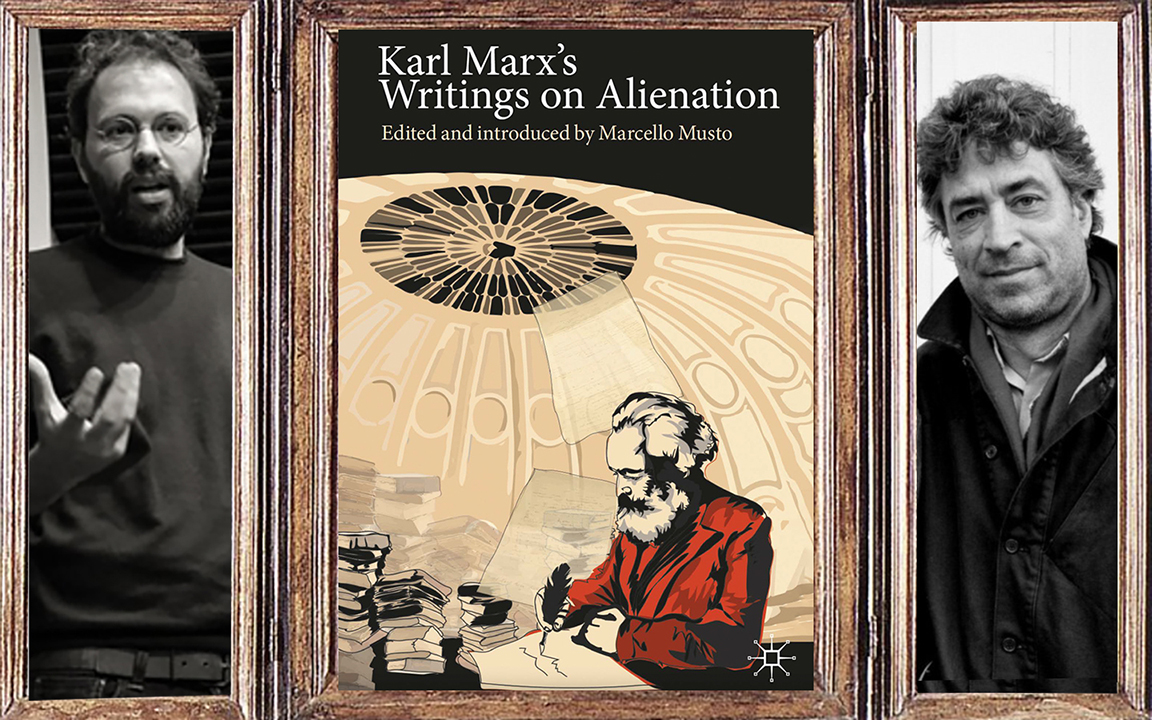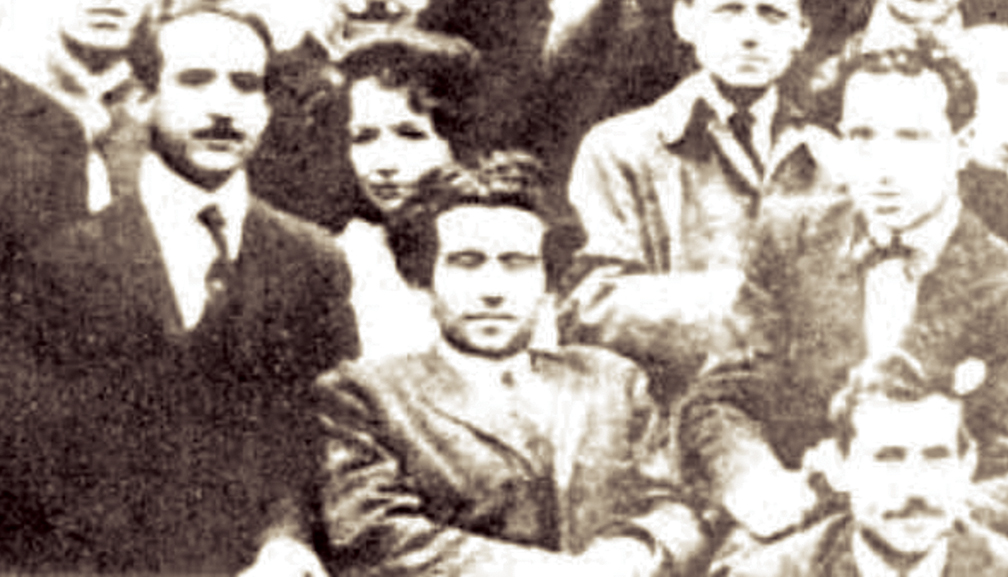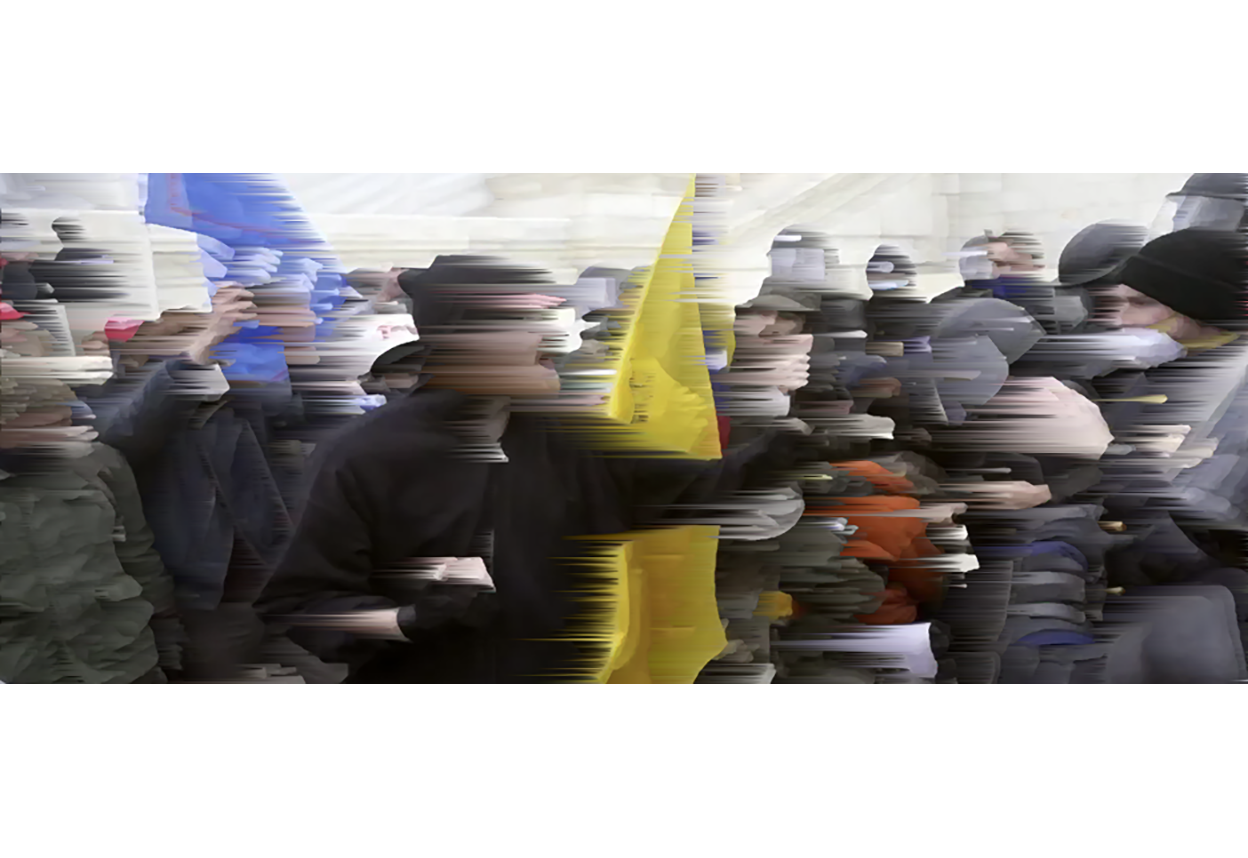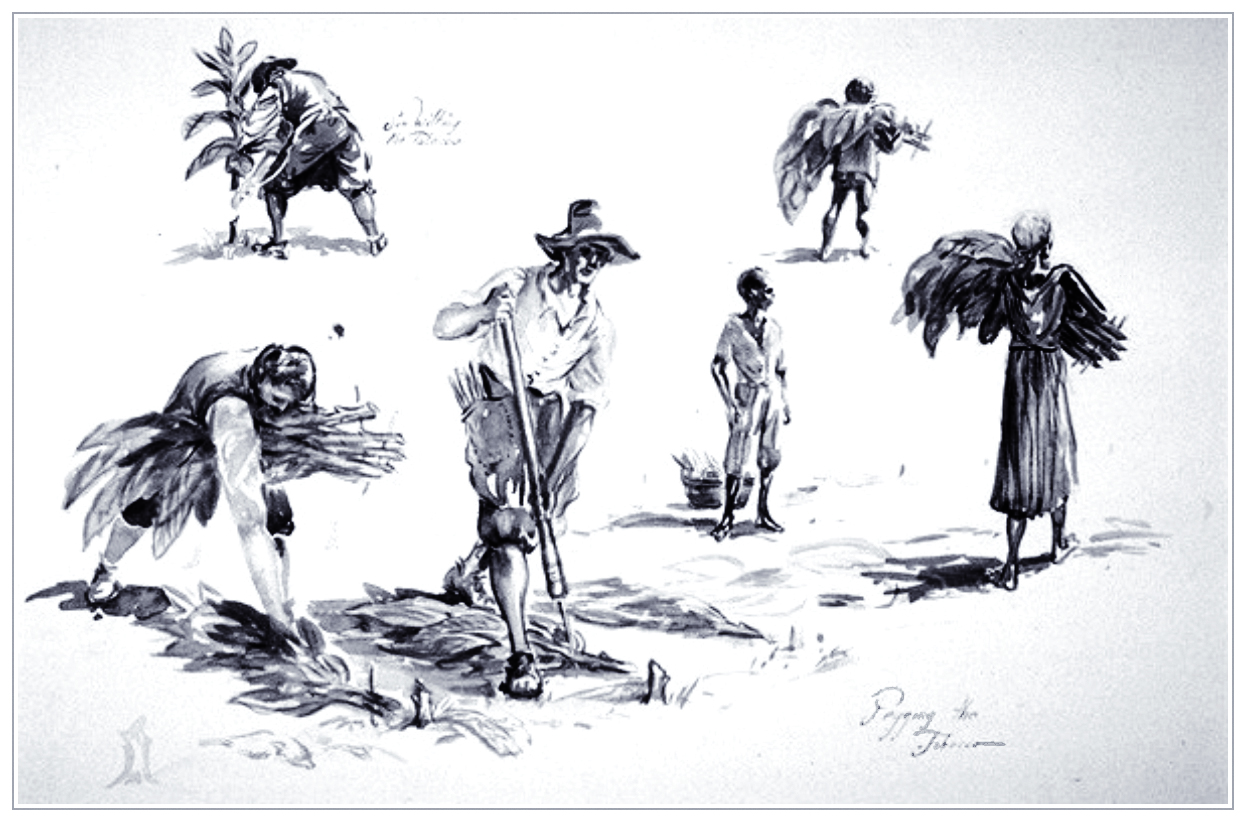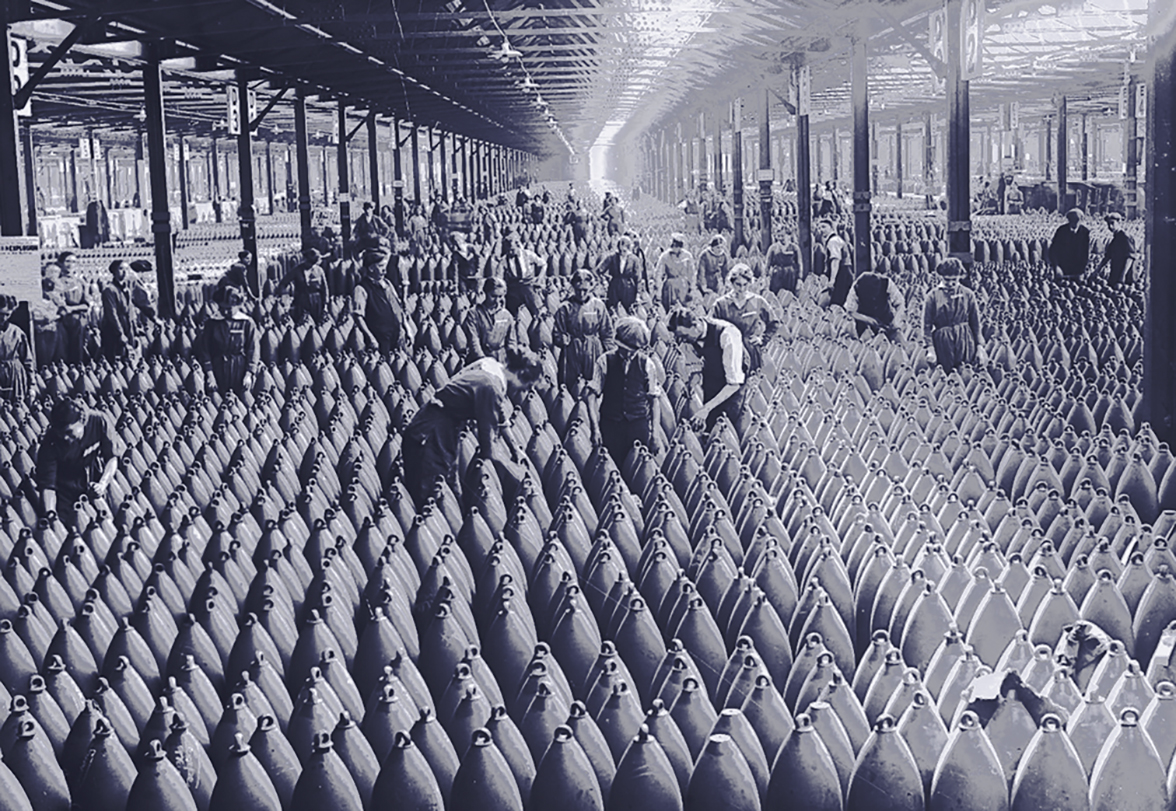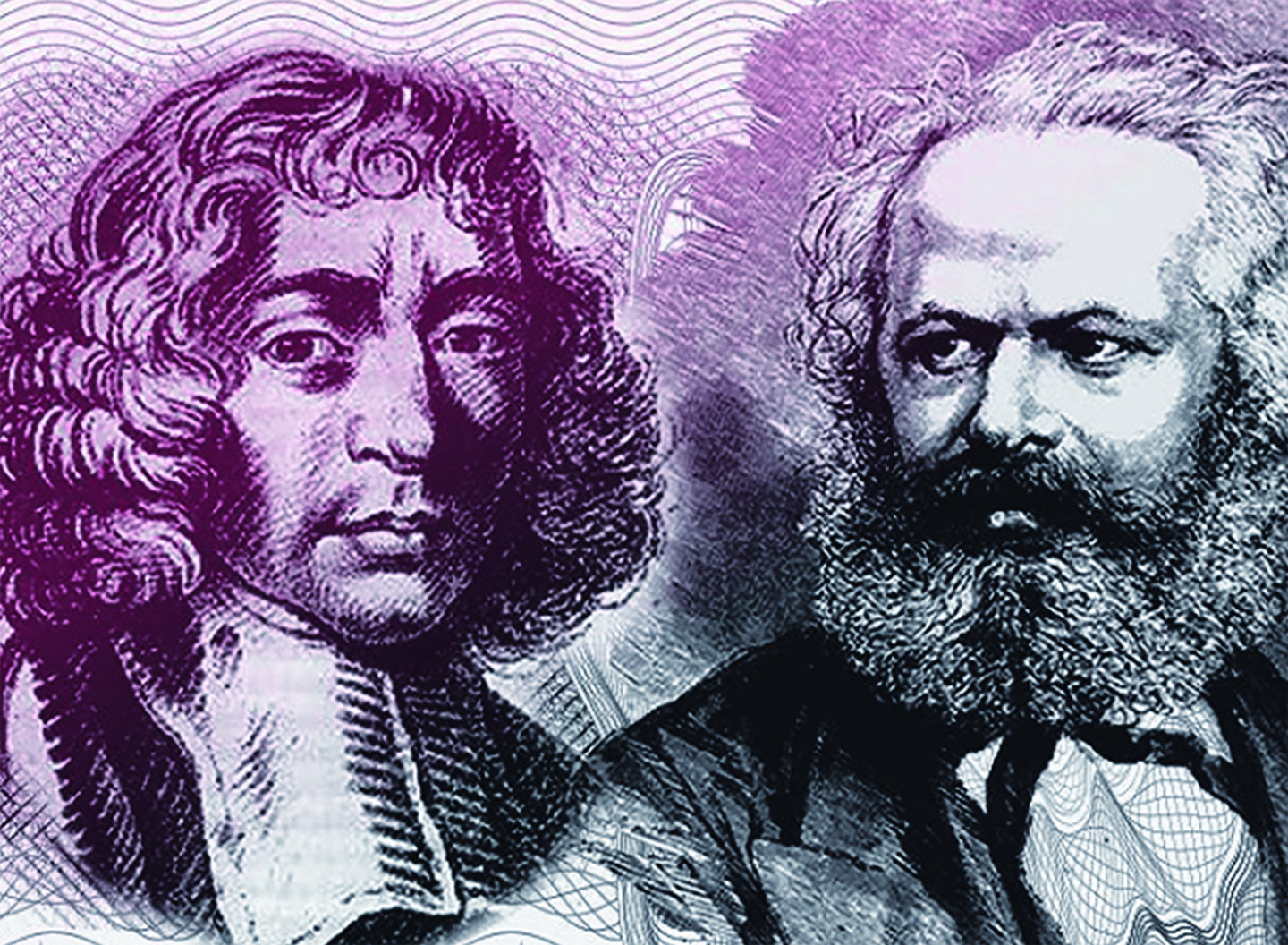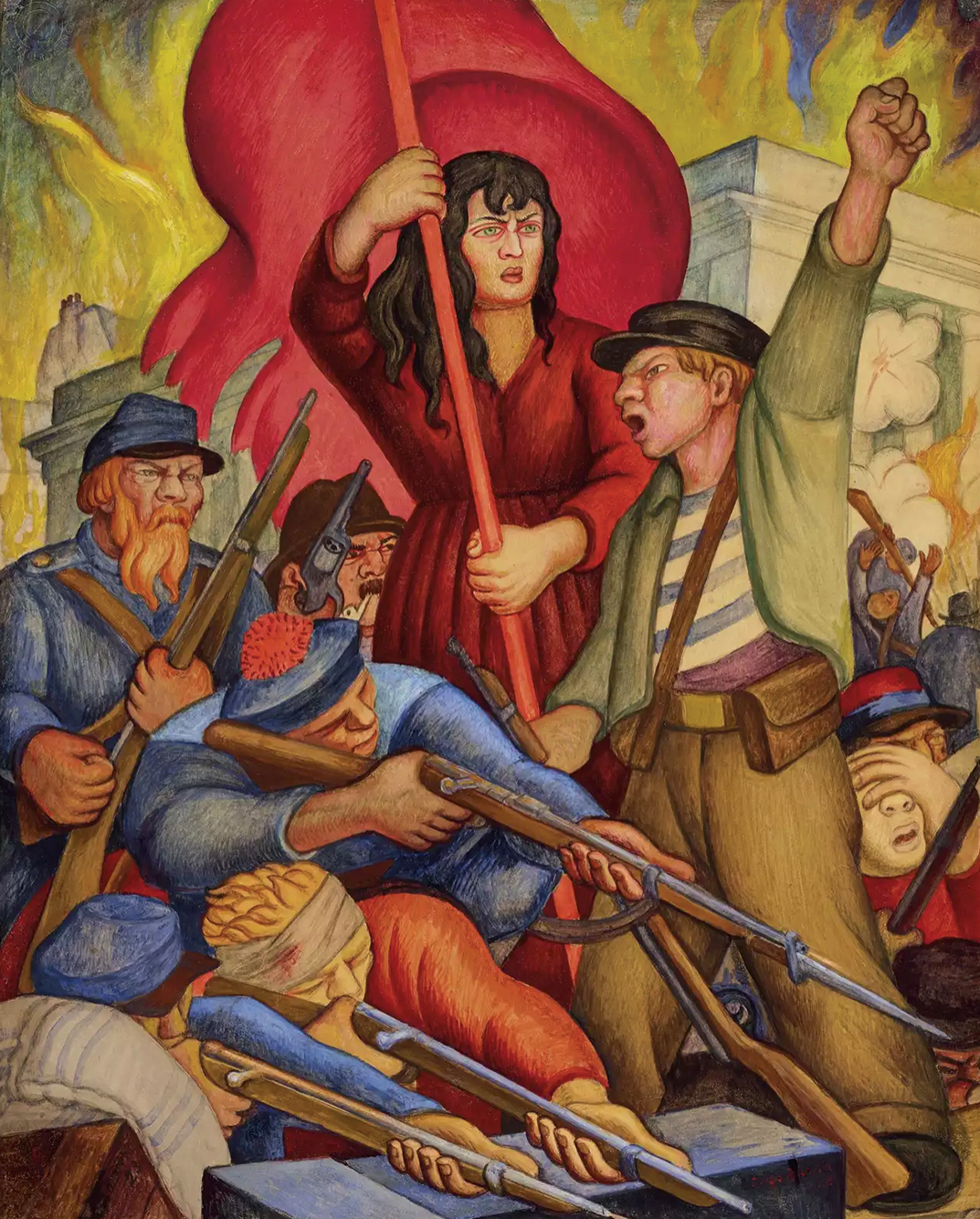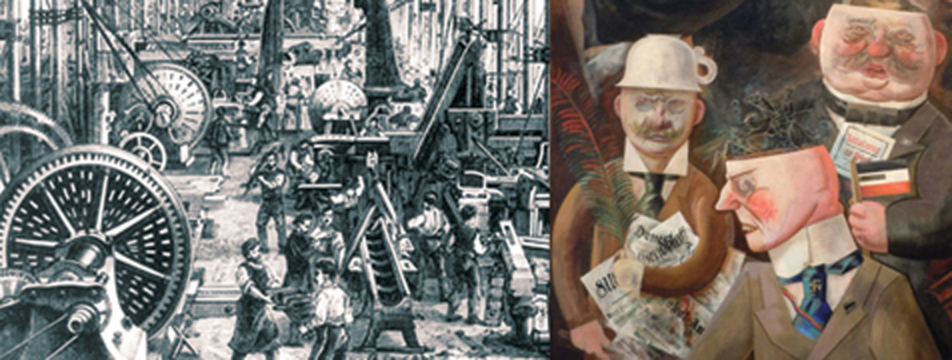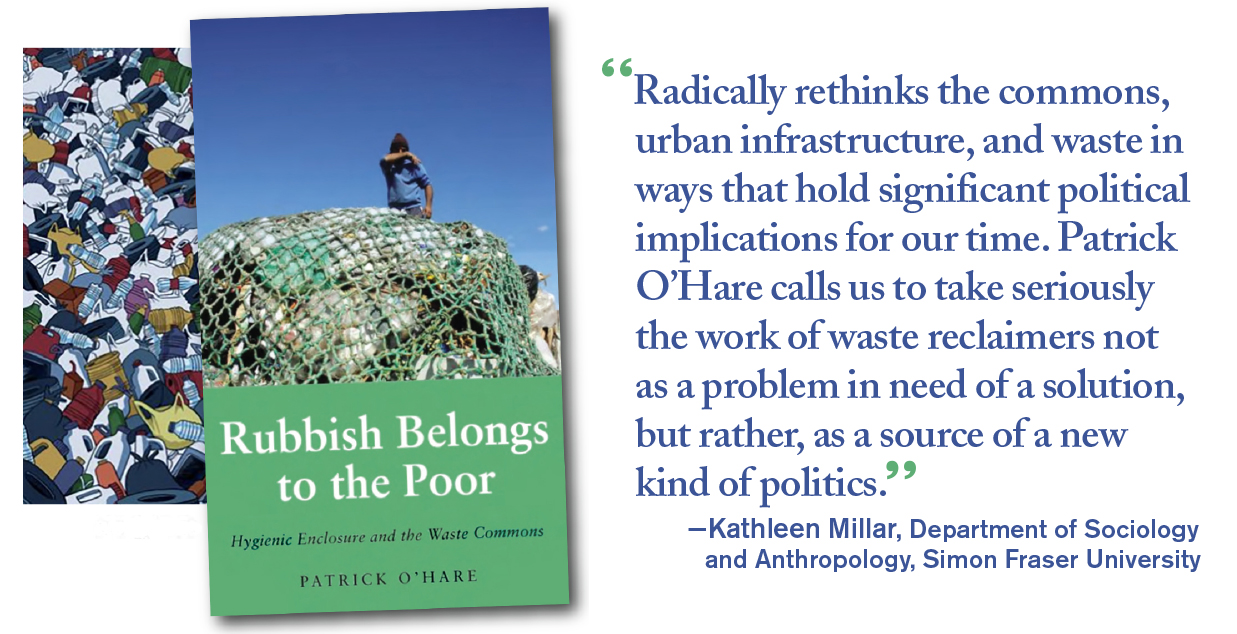Animals and Capitalism: Reading and Reflecting on ‘Porkopolis’
The main reading for these sessions will be Alex Blanchette’s PORKOPOLIS: AMERICAN ANIMALITY, STANDARDIZED LIFE, AND THE FACTORY FARM, with supplemental texts on nonhuman animal work in the history of capitalism, Marxism and animal liberation, biological reproduction in animal agriculture, and related topics.
Karl Marx’s Writings on Alienation: A discussion with Marcello Musto and Michael Hardt
The event marks the publication of “Karl Marx’s on Alienation,” edited by Marcello Musto. This is an essential volume. The introduction written by Marcello provides a guide to the concept of alienation prior to Marx, Marx's essential thought and writings over three periods of his working life. This brief quote from Volume Three of CAPITAL is one of many presented and discussed: “The realm of freedom really begins only where labor determined by necessity and external expediency ends; it lies by its very nature beyond the sphere of material production proper. Just as the savage must wrestle with nature to satisfy his needs, to maintain and reproduce his life, so must civilized man, and he must do so in all forms of society and under all possible modes of production. This realm of natural necessity expands with his development, because his needs do too; but the productive forces to satisfy these expand at the same time. Freedom, in this sphere, can consist only in this, that socialized man, the associated producers, govern the human metabolism with nature in a rational way, bringing it under their collective control instead of being dominated by it as a blind power; accomplishing it with the least expenditure of energy and in conditions most worthy and appropriate for their human nature. But this always remains a realm of necessity. The true realm of freedom, the development of human powers as an end in itself, begins beyond it, though it can only flourish with this realm of necessity as its basis. The reduction of the working day is the basic prerequisite.” —Karl Marx
Come join Michael Hardt and Marcello Musto as they discuss with each other and those present from this essential volume for study—and practice.
Part One of Antonio Gramsci’s Prison Notebooks
Online: Zoom link will be provided to registered participantsThese seminars are accessible to people at all levels of familiarity with Gramsci’s work, including those just beginning their studies of Gramsci. This first session will be followed by consecutive sessions.
The Hard Right and the Political Parties of Capital
2nd in the Socialist Register 58 Series: Old Polarizations, New Contradictions: The Crisis of Centrism
BILL FLETCHER on Trump and the Danger of Right-wing Populism in the US
SAMIR GANDESHA on Identity Crisis: The Politics of False Concreteness
INGAR SOLTY on Market Polarization Means Political Polarization
The Invention of the White Race
In 1972, after over 30 years of activism in the labor and communist movements, Allen shared the following strategic insight with a new generation of revolutionaries: “The most vulnerable point at which a decisive blow can be struck against bourgeois rule in the United States is white supremacy. White supremacy is both the keystone (in the arch) and the Achilles heel of U.S. bourgeois democracy, the historic form of bourgeois rule in the US. It is a vulnerable point because it is a historically developed and unresolvable internal contradiction of US bourgeois democracy. It is the decisive vulnerable point because – as history has repeatedly proved – the basic class contradictions in bourgeois democracy can never fully mature until and unless the anti-proletarian nature of white supremacy has been completely established in the minds of the proletarian masses.”
Allen spent the next 20 years researching the primary sources and writing his magnum opus.
Animals and Capitalism: Reading and Reflecting on ‘Porkopolis’
The main reading for these sessions will be Alex Blanchette’s PORKOPOLIS: AMERICAN ANIMALITY, STANDARDIZED LIFE, AND THE FACTORY FARM, with supplemental texts on nonhuman animal work in the history of capitalism, Marxism and animal liberation, biological reproduction in animal agriculture, and related topics.
Never-Ending War!: Novels on Conflict, Resistance and Resilience
“Fiction gives us empathy: it puts us inside the minds of other people, gives us the gifts of seeing the world through their eyes. Fiction is a lie that tells us true things, over and over.” – Neil Gaiman
The Marxist Education Project Lit reading group revisits some literary classics along with contemporary novels that are prescient and compelling –challenging us to think about our understanding of history and how we will confront the present moment.
Marx and Spinoza: Connections and Provocations
Readers of contemporary theory will perhaps not be surprised to see the name Spinoza paired with that of Marx. Ever since Louis Althusser argued that he, and his cowriters of Reading Capital, were Spinozists rather than structuralists, there has been an increased inquiry into the points of connection between Marx and Spinoza. It might even be possible to say that what the Hegel/Marx connection was to a previous generation, animating the writings of Adorno, Sartre, Lukacs, etc. the Marx/Spinoza connection is to a current collection of philosophers ranging from Althusser, and the members of his circle such as Étienne Balibar and Pierre Macherey, to Antonio Negri, Frédéric Lordon, Warren Montag, and Hasana Sharp.
Part One of Antonio Gramsci’s Prison Notebooks
Online: Zoom link will be provided to registered participantsThese seminars are accessible to people at all levels of familiarity with Gramsci’s work, including those just beginning their studies of Gramsci. This first session will be followed by consecutive sessions.
Soldiers of Revolution
In SOLDIERS OF REVOLUTION, historian Mark A. Lause analyzes changes in European warfare in the closing decades of the 19th century and the consequences for working-class movements. The Franco-Prussian War of 1870–71 introduced new military technologies, transformed the organization of armies, and upset the continental balance of power. The mass armies that became a new standard required mass mobilizations of working people, who exercised a new power through social democratic parties and insurgent movements.
The Invention of the White Race
In 1972, after over 30 years of activism in the labor and communist movements, Allen shared the following strategic insight with a new generation of revolutionaries: “The most vulnerable point at which a decisive blow can be struck against bourgeois rule in the United States is white supremacy. White supremacy is both the keystone (in the arch) and the Achilles heel of U.S. bourgeois democracy, the historic form of bourgeois rule in the US. It is a vulnerable point because it is a historically developed and unresolvable internal contradiction of US bourgeois democracy. It is the decisive vulnerable point because – as history has repeatedly proved – the basic class contradictions in bourgeois democracy can never fully mature until and unless the anti-proletarian nature of white supremacy has been completely established in the minds of the proletarian masses.”
Allen spent the next 20 years researching the primary sources and writing his magnum opus.
Animals and Capitalism: Reading and Reflecting on ‘Porkopolis’
The main reading for these sessions will be Alex Blanchette’s PORKOPOLIS: AMERICAN ANIMALITY, STANDARDIZED LIFE, AND THE FACTORY FARM, with supplemental texts on nonhuman animal work in the history of capitalism, Marxism and animal liberation, biological reproduction in animal agriculture, and related topics.
Never-Ending War!: Novels on Conflict, Resistance and Resilience
“Fiction gives us empathy: it puts us inside the minds of other people, gives us the gifts of seeing the world through their eyes. Fiction is a lie that tells us true things, over and over.” – Neil Gaiman
The Marxist Education Project Lit reading group revisits some literary classics along with contemporary novels that are prescient and compelling –challenging us to think about our understanding of history and how we will confront the present moment.
Marx’s Grundrisse: Last two weeks until spring term
Online: Zoom link will be provided to registered participants“Forces of production and social relations – two different sides of the development of the social individual – appear to capital as mere means, and are merely means for it to produce on its limited foundation. In fact, however, they are the material conditions to blow this foundation sky-high…” —Karl Marx, The Grundrisse
Rubbish Belongs to the Poor
Rubbish. Waste. Trash. Whatever term you choose to describe the things we throw away, the connotations are the same; of something dirty, useless and incontrovertibly 'bad'. But does such a dismissive rendering mask a more nuanced reality? In RUBBISH BELONGS TO THE POOR Patrick O'Hare journeys to the heart of Uruguay’s waste disposal system in order to reconceptualize rubbish as a 21st century commons, at risk of enclosure.


